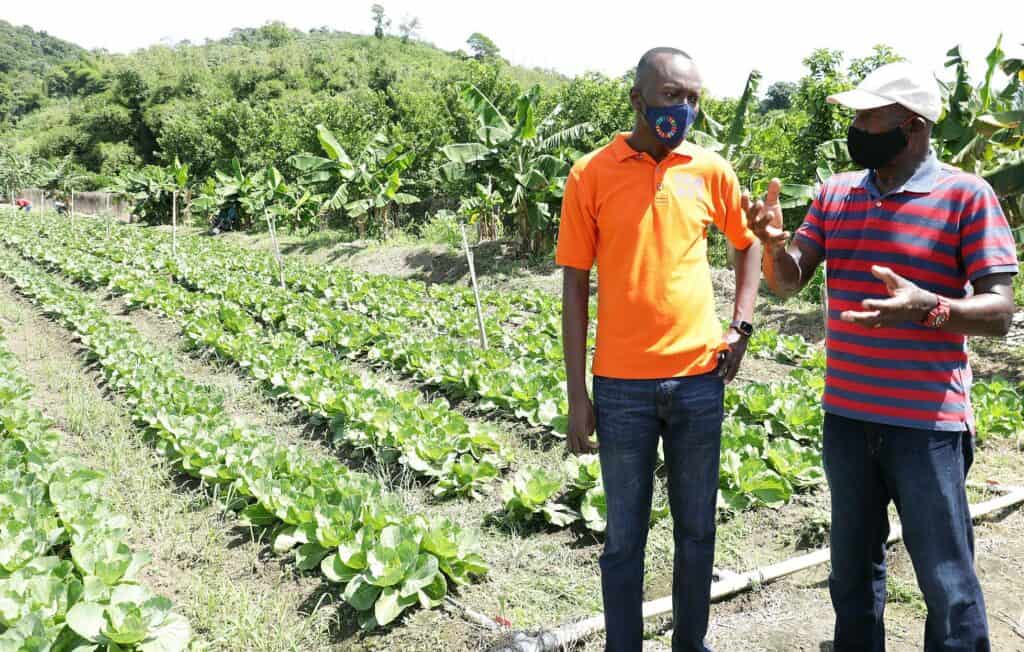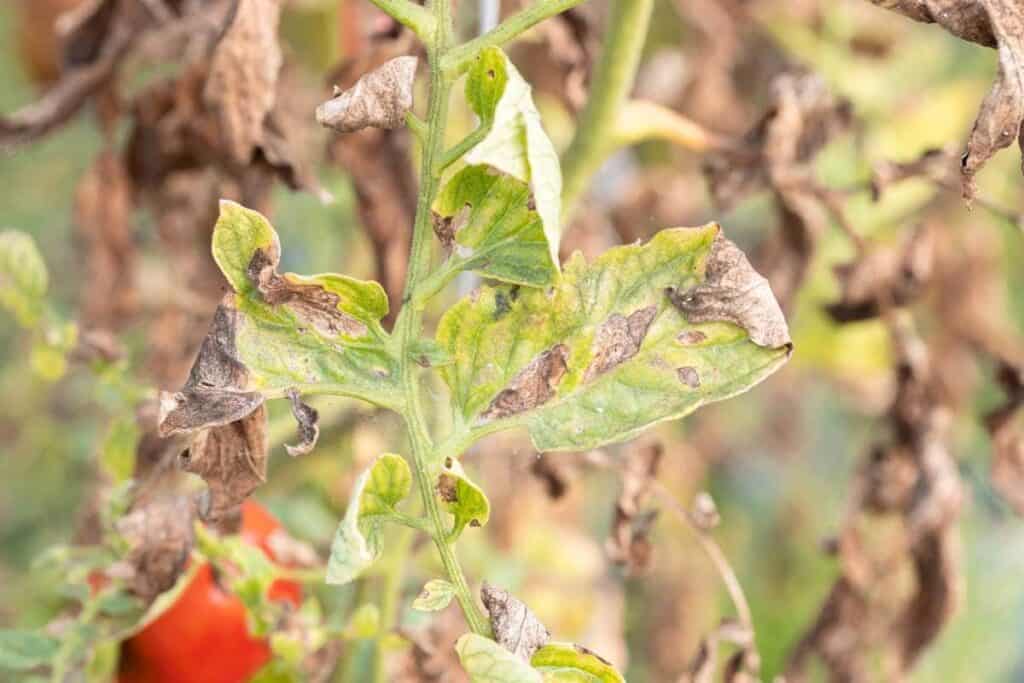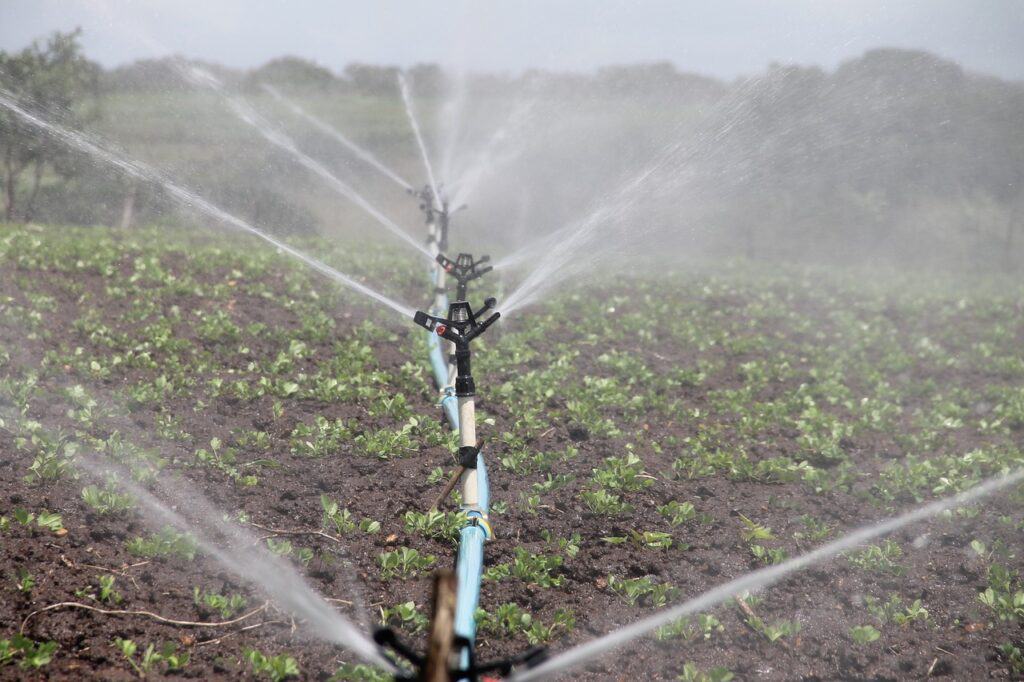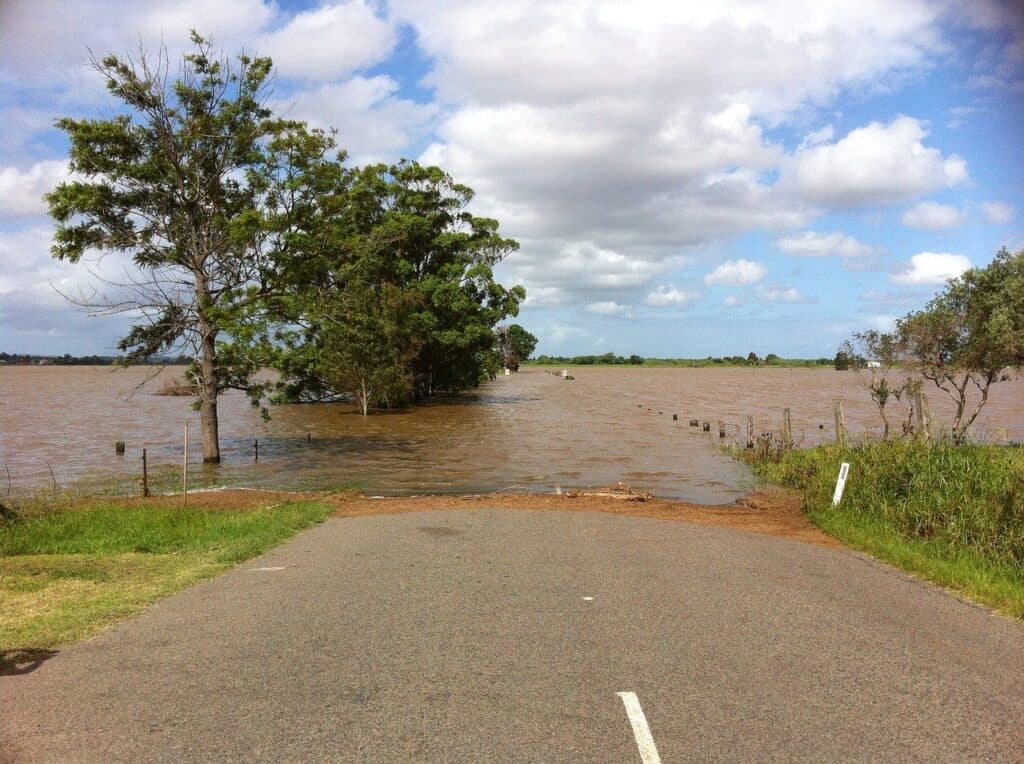For residents in the village of Les Coteaux, Tobago, agriculture is a key economic activity as it sustains their livelihoods.
But in the last 15 years, farmers in the village have observed that temperatures are gradually getting warmer which has affected their ability to farm.
Rising temperatures associated with climate change jeopardises many aspects of agriculture like the times at which certain crops are grown, the amount of water farmers use to water crops, the yields of farmers and even the prevalence of crop diseases.
In a 2021 report of two climate vulnerability assessments, Trinidad and Tobago’s Ministry of Planning and Development warned that “climate change is a clear and present danger to the country’s economic viability and the safety of its people.”

While Les Coteaux residents have often prided themselves in their ability to be self-reliant, recent decreases in crop yields have seen some villagers turning to imports to close the gaps where there are deficits in supplies.
Given inflation and rising food costs, this isn’t sustainable.
Les Couteaux farmer, Hamilton Crosby, told Cari-Bois that late in the 2000s he grew as much as 2000 pounds of tomatoes per season.
But in the past several years alone, that number has dipped to an average of 1500 pounds of tomatoes.

Crosby explained that the decreasing yields are a result of increasingly tough growing conditions with extremely dry weather in some growing seasons and over-saturated soils in other seasons when there is extreme rainfall.
Apart from a decline in quantity, Crosby said changes in the quality of produce can also result in lesser sales.
Farmers have been trying to be reasonable with the prices they sell their produce for given the efforts to adapt to changing conditions – like increased irrigation – has oftentimes caused the price of production to increase.

Data published by the National Oceanic and Atmospheric Administration (NOAA) shows that earth’s temperature has risen by an average of 0.08° Celsius per decade since 1880, or about 2° F in total.
But the effects of climate change on agriculture isn’t only limited to Tobago.
With flooding being another effect of climate change, floods can destroy crops and agriculture fields which can disrupt agriculture in flood prone areas and families reliant on agriculture can suffer financial losses.
During the devastating 2018 Trinidad floods, farmer Richard Singh lost over 3 million dollars in equipment, and 200 acres of food production, according to a report in the Trinidad and Tobago Guardian Newspaper.
Rising sea levels can also affect the country’s coastal farmers with increased vulnerabilities to coastal flooding.

But all hope is not lost as there are many ways we can act to mitigate climate change.
Planting trees is a very effective way to remove carbon dioxide (a greenhouse gas) which contributes to the increases in global temperature through the greenhouse effect.
For example, planting a Moringa tree can remove up to 80 kilograms of carbon dioxide annually which could be critical in our fight against climate change.
Other climate conscious actions include implementing renewable sources of energy to reduce carbon emissions.
When done in a timely manner, the right actions can not only help Trinidad and Tobago’s farmers but also the earth itself.





